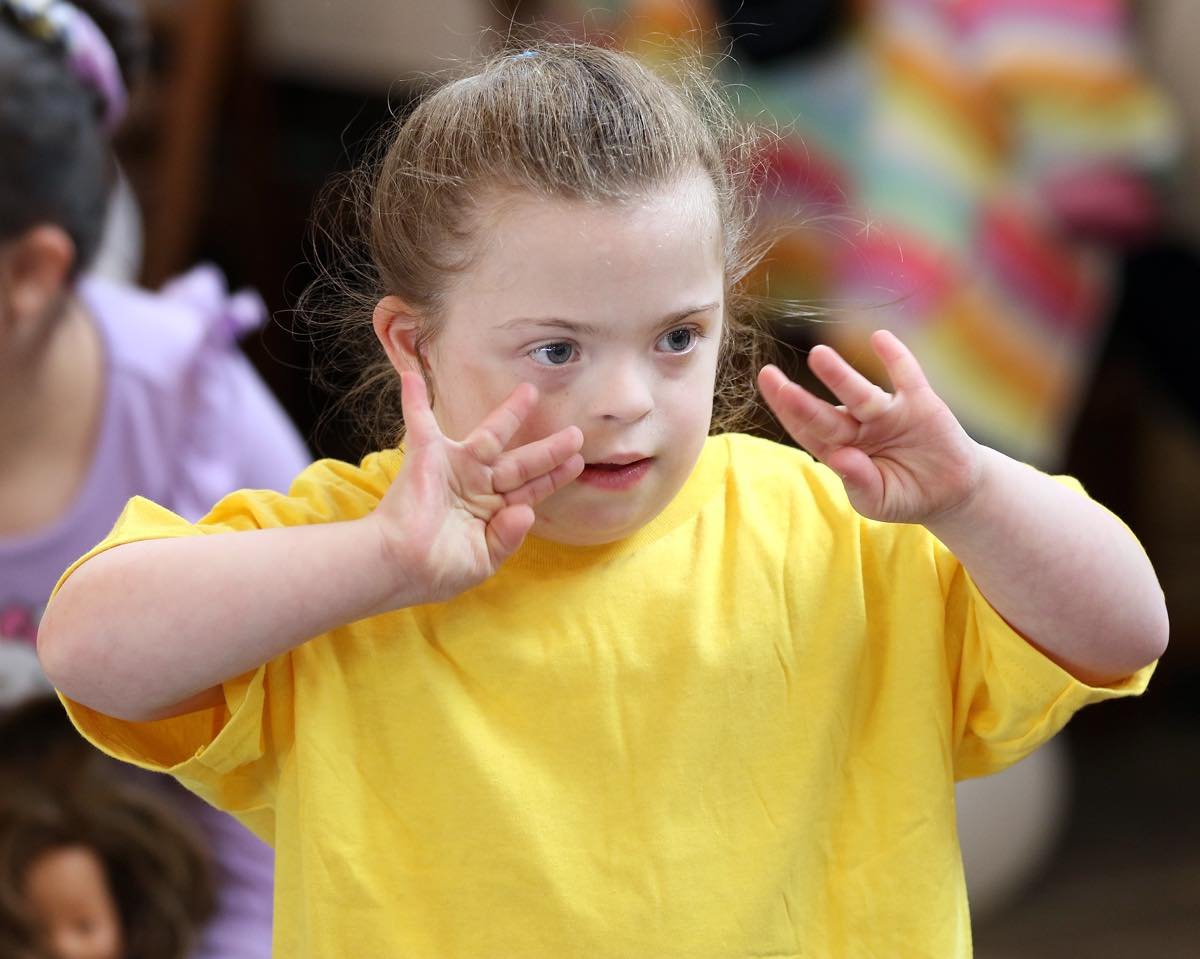
Providing education, support, and advocacy to those individuals, their families, friends, and professionals in the Eastern Iowa area that are blessed by Down syndrome.
MISSION
Our mission is to provide education, support, and advocacy to those individuals, their friends, families, and professionals in Eastern Iowa blessed by Down syndrome. We hope through our efforts we can enhance the quality of life for all individuals with Down Syndrome.
Our organization strives to provide opportunities and support, advocate, and educate not only our families blessed by Down Syndrome, but our health care professionals, our schools, and our community.
We do this through:
Educational presentations with local and national speakers
Scholarships to attend national conferences or assist with services not otherwise covered by insurance
Family support
Welcome baskets to new families
Hospital and home visits to new families
Create awareness in community
Educate professionals in community
Numerous social events for the whole family throughout the year
Sponsor community events to create awareness
Annual HADSA walk: HADSA’s Step Up For Down Syndrome Walk
Held the last Sunday of September each year to serve as a kick off for Down Syndrome Awareness Month (October)
Serves as our major fundraiser for the year
Brings a large number of our friends and families together to celebrate our amazing members with Down syndrome!
HADSA GRANT PROGRAM
The Hawkeye Area Down Syndrome Association (“HADSA”) has established a grant fund to assist members in providing needed services for family members with Down syndrome.
The intent of the program is to formalize how, and to what degree, HADSA can support our members through the granting of specific scholarship requests.
Scholarship requests will be reviewed on a quarterly basis.Applications will be due by:
December 1 to be considered for the First quarter of the following year. To be paid on January 1
March 1 to be considered for the Second quarter. To be paid on April 1
June 1 to be considered for the Third quarter. To be Paid on July 1
September 1 to be considered for the Fourth quarter. To be Paid on October 1
Applicants will be notified after the application has been considered. (During the board meeting in March, June, September and December each year). Funding is limited by the amount that has been set aside for this purpose in the HADSA budget.
Distribution of grand funds comes with the responsibility to create a walk fundraising page for our annual Step Up For Down Syndrome Walk. Attendance is not required to create a fundraising page.
The maximum grant that will be awarded to any family in each calendar year will be five hundred dollars ($500.00). Lesser amounts may be awarded at the discretion of the Grant Approval Team or the Board of Directors, based on the determination of need and total Grant funds available. The approval of the grant and the amount is subject to the discretion of the Board of Directors of HADSA. In making its determination, the Grant Approval Team or Board of Directors may request additional documentation or information with respect to the request.
Your Questions,
Answered
We consider the official member to be the individual with Down syndrome. A “Member Family” is all the people who make up the member’s immediate family. We consider immediate family to be mom, dad & siblings, as well as grandparents. While grandparents aren’t traditionally considered immediate family, we include them because we know many of our members’ grandparents play such an amazing role in their lives as caregivers.
Who is considered a member of HADSA?
Yes. We are recognized as a 501(c)(3) nonprofit organization in the United States, so all monetary and in-kind donations are tax-deductible to the fullest extent allowed by law. A receipt will be emailed to you after your gift is processed.
Are my contributions tax-deductible?
Let’s Stay in Touch
Interested in learning more about our programs or partnering on a project?
Reach out today with any questions!
Join HADSA
Whether you’re new to the area, just heard about HADSA or just found out you’re welcoming an extra amazing human into you’re family - We’d love to have you join us!













